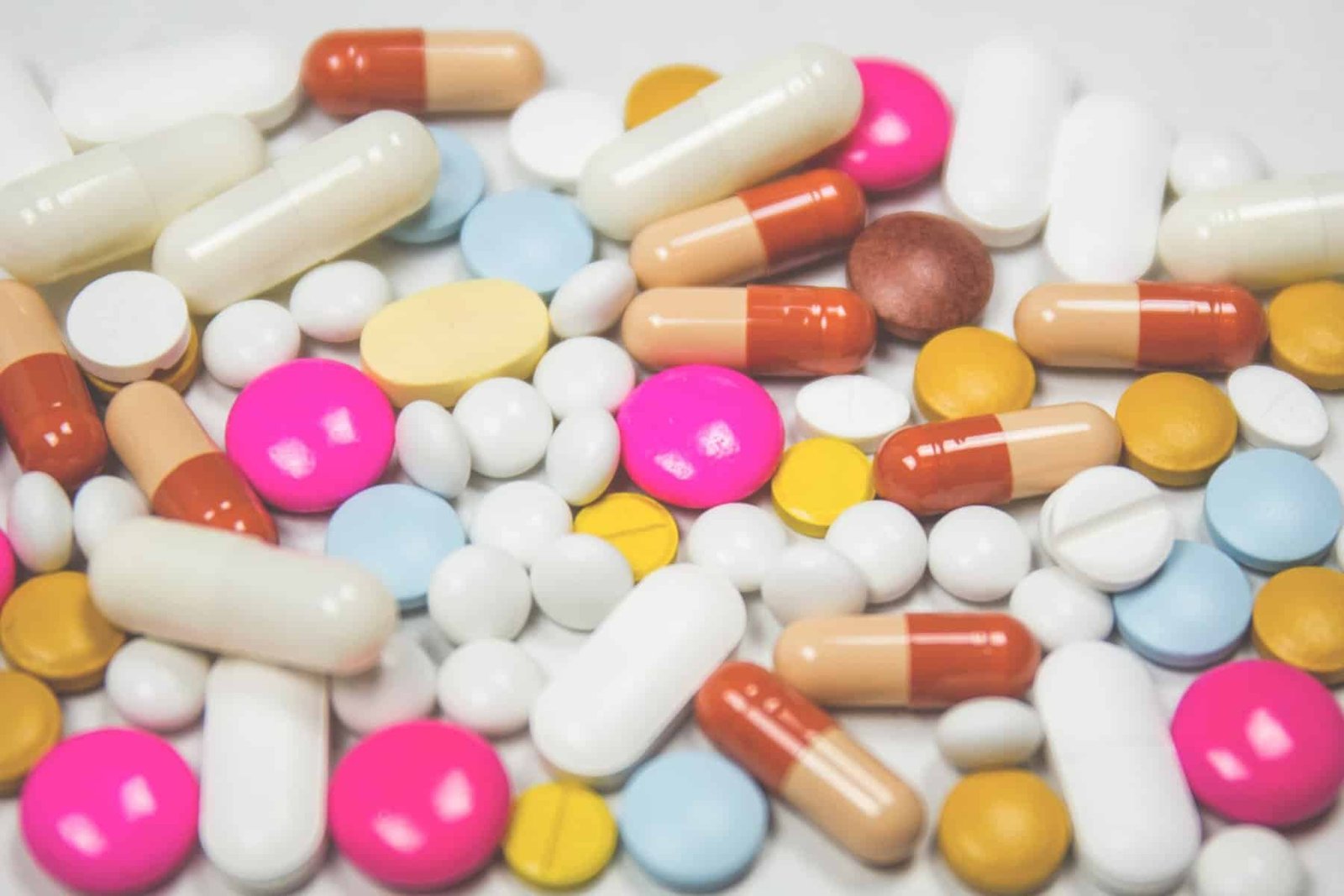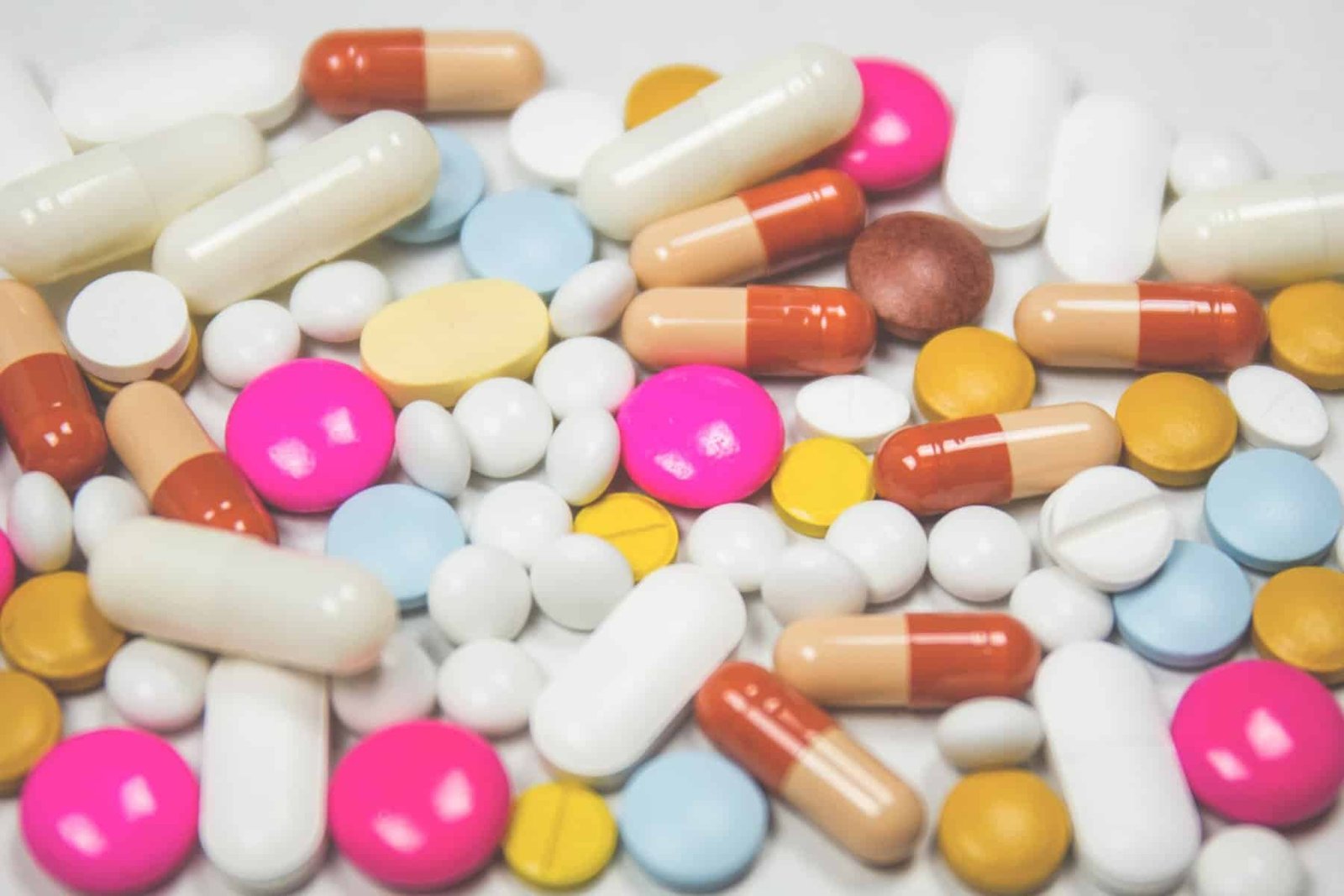Have you ever wondered if nopal supplements could help in managing hypertension? Hypertension, or high blood pressure, affects millions of people worldwide, and finding natural remedies to complement traditional treatments is always a topic of interest. In this article, we will briefly explore the potential benefits of nopal supplements in managing hypertension and discuss whether they can be incorporated into your wellness routine. So, if you’re looking for ways to support your blood pressure management, keep reading to learn more about the potential role of nopal supplements.

I. Understanding Hypertension
A. Definition of Hypertension
Hypertension, commonly known as high blood pressure, is a chronic medical condition characterized by persistently elevated blood pressure levels. Blood pressure is the force exerted by the blood against the walls of the arteries as the heart pumps it around the body. Generally, a blood pressure reading of 120/80 mmHg is considered normal. However, when the systolic pressure (the top number) consistently exceeds 130 mmHg or the diastolic pressure (the bottom number) exceeds 80 mmHg, it indicates hypertension.
B. Causes of Hypertension
Primary hypertension, which accounts for the majority of hypertension cases, often develops gradually over time and the exact causes are unknown. However, several factors contribute to its development, such as age, genetics, family history, obesity, lack of physical activity, unhealthy diet, and stress. Secondary hypertension, on the other hand, is caused by an underlying health condition like kidney disease, hormonal disorders, or the use of certain medications.
C. Risks and Impacts of Hypertension
Hypertension poses significant risks to your health if left unmanaged. It puts additional strain on the heart, leading to heart diseases, heart attacks, and strokes. It can also damage blood vessels and organs, including the kidneys, eyes, and brain. Hypertension is often called the “silent killer” because it usually has no symptoms but can silently cause damage over time. Regular monitoring and effective management of hypertension are crucial to prevent the development of serious complications.
II. Introduction to Nopal
A. What is Nopal?
Nopal, scientifically known as Opuntia ficus-indica, is a type of cactus that originates from Mexico, where it has been an integral part of traditional medicine for centuries. It is commonly referred to as prickly pear cactus. Nopal is known for its distinctive paddle-shaped stems and vibrant flowers. It is not only a staple food in Mexican cuisine but also exhibits potential health benefits. The stems, pads, and fruits of the nopal cactus are consumed, either raw or cooked, and are also available in the form of supplements.
B. Nutritional Content of Nopal
Nopal is a nutrient-rich plant that offers a variety of essential vitamins, minerals, and dietary fiber. It is an excellent source of vitamin C, which is essential for immune function and collagen synthesis. It also contains vitamin A, vitamin B6, riboflavin, and folate. In terms of minerals, nopal provides calcium, magnesium, potassium, and iron. Additionally, it is low in calories and high in dietary fiber, making it a valuable addition to a balanced diet.
C. Traditional and Therapeutic Uses of Nopal
Throughout history, nopal has been used in traditional medicine to treat various ailments. Its traditional uses include alleviating digestive issues, reducing inflammation, promoting wound healing, and managing diabetes. Nopal is known for its potential anti-inflammatory, antioxidant, and antimicrobial properties. In Mexican folk medicine, it has also been used to regulate blood sugar levels and support weight management.
III. Link between Nopal and Hypertension
A. Research Studies on Nopal and Hypertension
Several research studies have explored the potential benefits of nopal in managing hypertension. A study published in the journal “Evidence-Based Complementary and Alternative Medicine” found that nopal extract supplementation significantly reduced both systolic and diastolic blood pressure levels in individuals with hypertension. Another study published in the “Journal of Nutritional Biochemistry” demonstrated that nopal extract improved endothelial function, which plays a crucial role in blood pressure regulation.
B. Active Components in Nopal That May Aid Hypertension
Nopal contains various bioactive compounds that contribute to its potential antihypertensive effects. These include flavonoids, betalains, phenolic acids, and dietary fiber. Flavonoids, such as quercetin and kaempferol, have been shown to have antioxidant and anti-inflammatory properties. Betalains, responsible for nopal’s vibrant colors, possess potent antioxidant and protective effects on blood vessels. Phenolic acids contribute to the overall antioxidant capacity of nopal. Additionally, the dietary fiber found in nopal may aid in blood pressure regulation by promoting heart-healthy digestion and reducing cholesterol absorption.
C. Mechanisms of Action
The mechanisms by which nopal exerts its potential antihypertensive effects are still being explored. However, it is believed that the bioactive compounds present in nopal may promote vasodilation, the widening of blood vessels, thereby reducing resistance to blood flow and subsequently lowering blood pressure. Furthermore, the antioxidant and anti-inflammatory properties of nopal’s active components may help reduce inflammation and oxidative stress, which are associated with hypertension and its complications.
IV. Benefits of Nopal in Hypertension Management
A. Blood Pressure Regulation
Nopal’s potential to regulate blood pressure levels makes it a promising supplement for hypertension management. The studies mentioned earlier suggest that the consumption of nopal, either in its natural form or as a supplement, may contribute to the reduction of both systolic and diastolic blood pressure. By achieving blood pressure regulation, individuals with hypertension can lower their risk of cardiovascular diseases and related complications.
B. Antioxidant and Anti-inflammatory Properties
The antioxidant and anti-inflammatory properties of nopal’s bioactive compounds play a vital role in managing hypertension. Oxidative stress and inflammation can contribute to the development and progression of hypertension. The presence of flavonoids, betalains, and phenolic acids in nopal helps scavenge harmful free radicals and reduce inflammation, potentially improving overall heart health and reducing the risk of hypertension-related complications.
C. Reduction of Cholesterol Levels
High cholesterol levels are often associated with an increased risk of hypertension and cardiovascular diseases. Nopal’s dietary fiber content can aid in reducing cholesterol absorption by binding to cholesterol in the digestive tract and promoting its excretion. By doing so, nopal may help lower LDL cholesterol, often referred to as “bad” cholesterol, and improve the overall lipid profile, which is essential for cardiovascular health.

V. How to Incorporate Nopal into Hypertension Management
A. Nopal Supplements and Dosage
Nopal supplements are widely available and can be a convenient way to incorporate this plant into your hypertension management routine. When choosing a nopal supplement, look for products that are standardized to contain the desired amount of active compounds, such as flavonoids and betalains. A typical recommended dosage ranges from 500 to 1,000 milligrams per day, but it is crucial to consult with a healthcare professional before starting any new supplement regimen.
B. Dietary Recommendations
In addition to supplements, consuming nopal in its natural form can also provide various health benefits. Consider incorporating nopal into your diet by adding it to salads, stir-fries, or smoothies. Nopal can be cooked, grilled, or blended to make delicious and nutritious dishes.
C. Precautions and Potential Side Effects
While nopal is generally safe for consumption, it is essential to exercise caution, especially if you have any preexisting medical conditions or are taking medications. Nopal may interact with certain medications, including those for diabetes and high blood pressure. It may also cause gastrointestinal discomfort in some individuals. Therefore, it is always advisable to consult with a healthcare professional before starting any new dietary supplement, including nopal.
VI. Other Lifestyle Measures for Hypertension Management
A. Importance of Physical Activity
Regular physical activity is crucial for managing hypertension and promoting overall cardiovascular health. Engaging in aerobic exercises, such as walking, swimming, or cycling, can help lower blood pressure, improve heart function, and maintain a healthy weight. Aim for at least 150 minutes of moderate-intensity aerobic activity per week, or as recommended by your healthcare professional.
B. Role of a Balanced Diet
Adopting a balanced diet is fundamental in managing hypertension. Emphasize a diet rich in fruits, vegetables, whole grains, lean proteins, and healthy fats. Limit the consumption of processed foods, sodium, saturated fats, and added sugars. Incorporating the Dietary Approaches to Stop Hypertension (DASH) eating plan, which emphasizes fruits, vegetables, and low-fat dairy products, can be particularly beneficial for blood pressure control.
C. Stress Management Techniques
Stress can contribute to the development and exacerbation of hypertension. Incorporating stress management techniques into your daily routine can have a positive impact on blood pressure levels. Consider practices such as meditation, deep breathing exercises, yoga, or engaging in hobbies and activities that bring you joy and relaxation.

VII. Consultation with Healthcare Professionals
A. Seeking Medical Advice
While nopal may offer potential benefits for managing hypertension, it is essential to consult with a healthcare professional before incorporating it into your routine. They can evaluate your specific health condition, medications, and overall dietary needs to determine if nopal is suitable for you.
B. Collaboration with Healthcare Team
Collaborating with a healthcare team, including your primary care physician, nutritionist, and pharmacist, can provide valuable guidance in managing hypertension. They can help monitor your blood pressure levels, adjust medications if necessary, and provide individualized recommendations regarding the incorporation of nopal supplements or any other dietary modifications.
C. Combining Nopal Supplements with Medications
If you are currently taking medications for hypertension or any other health condition, it is crucial to discuss the use of nopal supplements with your healthcare professional. Nopal may interact with certain medications, potentially affecting their efficacy or leading to adverse effects. Your healthcare provider can guide you on the appropriate timing, dosage, and potential interactions to ensure optimal safety and effectiveness.
VIII. Conclusion
In conclusion, hypertension is a prevalent health concern that requires careful management to prevent the development of serious complications. Nopal, with its long history of traditional use and potential health benefits, shows promise as a supplement for hypertension management. Research studies have indicated its potential blood pressure-regulating, antioxidant, anti-inflammatory, and cholesterol-lowering properties. However, it is important to remember that dietary supplements should not replace conventional medical treatments and lifestyle modifications recommended by healthcare professionals. Incorporating nopal into a comprehensive hypertension management plan, along with regular physical activity, a balanced diet, stress management techniques, and collaboration with healthcare professionals, can be a holistic approach to managing hypertension effectively. Always consult with your healthcare provider before starting any new dietary supplements or making significant changes to your health routine.


